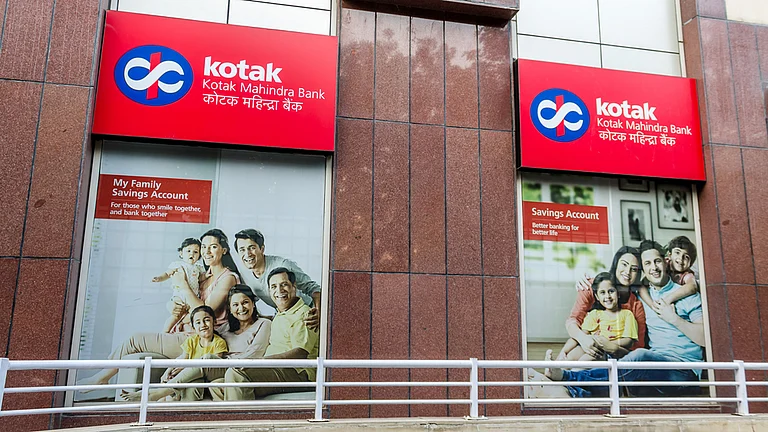The Reserve Bank of India (RBI) has lifted restrictions on Kotak Mahindra Bank, allowing it to onboard new customers via online and mobile banking from February 12. The central bank also permitted the lender to issue fresh credit cards. Kotak Mahindra was among several financial institutions penalised by the RBI last year for regulatory lapses.
Kotak Mahindra's Curbs Lifted: Why RBI Bars Banks from Onboarding New Customers
The RBI had imposed restrictions on Kotak Mahindra Bank due to concerns over its IT management. It noted that the bank had consistently failed to address "serious deficiencies and non-compliances"
The RBI had imposed restrictions on Kotak Mahindra Bank due to concerns over its IT management. It noted that the bank had consistently failed to address "serious deficiencies and non-compliances," leading to major outages in 2022 and 2023, which caused inconvenience to customers.
To resolve these issues, Kotak Mahindra Bank implemented several remedial measures, including appointing Grant Thornton Bharat as an external auditor to identify and fix gaps in its IT systems.
“Having satisfied itself based on the submissions and remedial measures undertaken by the bank, the Reserve Bank has decided to lift the aforementioned restrictions placed on Kotak Mahindra Bank Limited,” the RBI said in a press release.
RBI's Actions Against Banks Over the Years
The RBI has consistently taken action against banks failing to comply with regulations. In 2024, it imposed restrictions on Paytm Payments Bank, barring it from accepting new deposits and conducting credit transactions due to non-compliance and persistent supervisory concerns.
Earlier, in October 2023, the Bank of Baroda faced RBI restrictions, preventing it from onboarding new customers via its mobile app. This action followed allegations that bank officials had linked accounts to unrelated mobile numbers to meet sales targets.
Over the past few years, banks such as IDFC First Bank, Yes Bank, and RBL Bank have also faced RBI-imposed restrictions due to regulatory concerns.
Why the RBI Imposes Restrictions on Banks
In most cases, the RBI exercises its powers under Section 35A of the Banking Regulation Act 1949, which allows it to take action if a bank's operations are deemed harmful to depositors or detrimental to the bank itself.
This law enables the RBI to issue directives ensuring that banks are managed properly. Banks are required to comply with these instructions, and the RBI retains the authority to modify or withdraw them at any time, imposing conditions as necessary.
